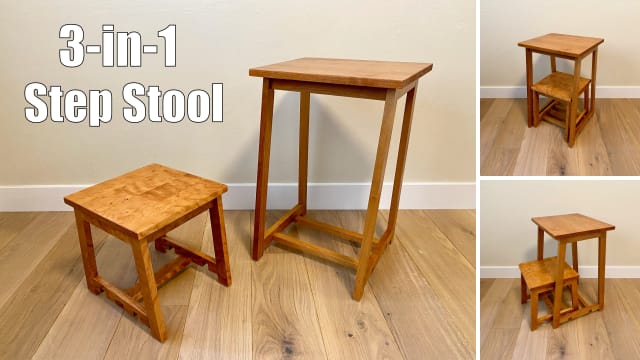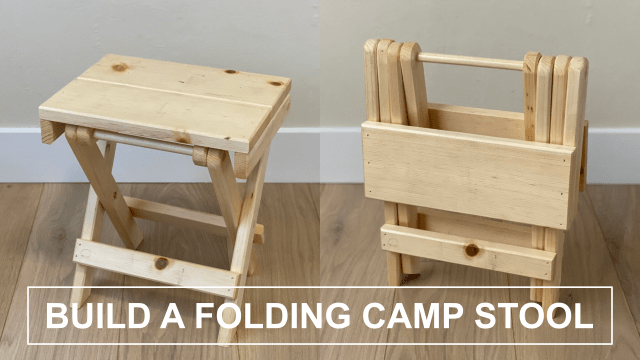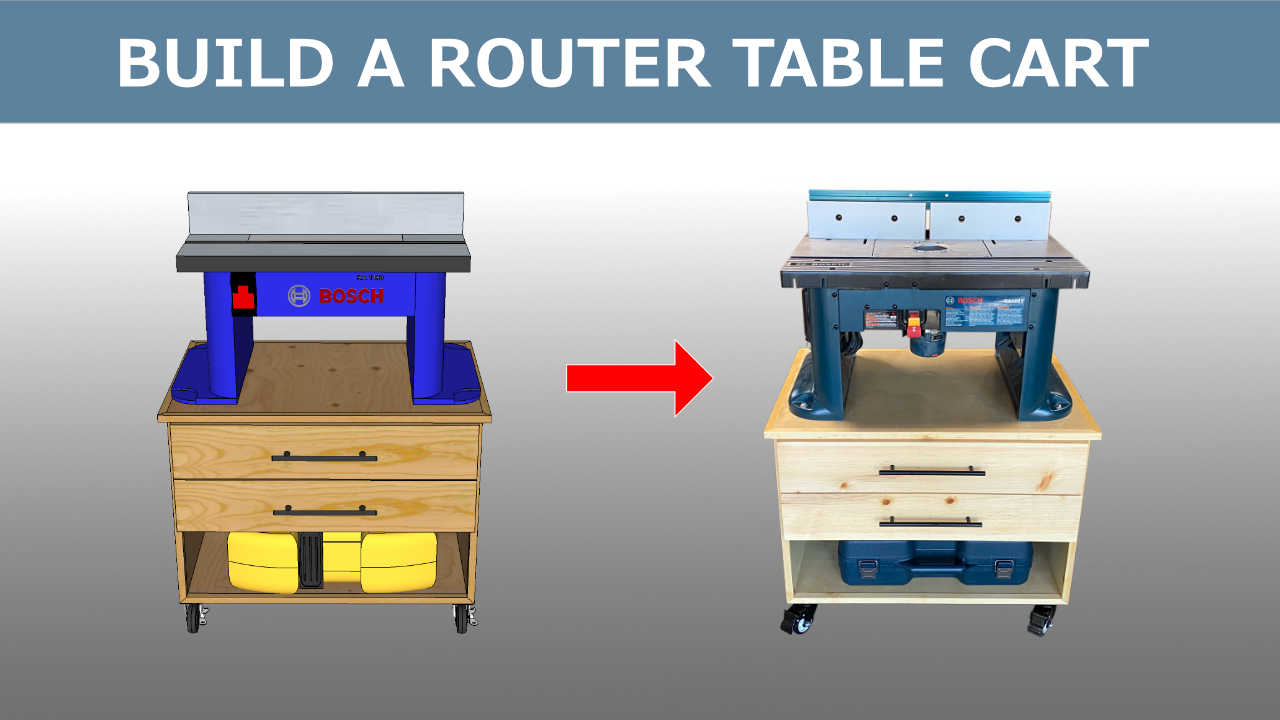Beyond what I recommended from the last article, With the additional $150 budget you don’t get much, but enough to upgrade from previous commendation, add a few small tools and/or some useful jigs.
All articles in the series:
- Beginner Woodworking Tools Under $100
- Beginner Woodworking Tools Under $250
- Beginner Woodworking Tools Under $500
- Beginner Woodworking Tools Under $1000
Upgrading to a drill/drive comboPermalink

If you haven’t, upgrading to a full drill/drive combo will be useful, e.g., Ryobi’s drill/driver combo with $99.
JigsawPermalink
Remember we talked about jigsaw last time? I personally don’t do a lot of projects that involve curves, but having a jigsaw does enable you to enter into a world that have curves. You can easily get by with a Ryobi Corded Variable Speed Orbital Jig Saw ($50).

SanderPermalink
A sander should come in handy at this point. It can help you to achieve a nice, smooth finish quickly. You can either get a belt sander or a random orbit sander. Belt sander is more aggressive and sands a large flat surface much faster, but not so easy to change belts and not as flexible. Random orbit sander is small and handy, and much easier to change pads with different grit. I personally use random orbit sander a lot more, but it really depends on what your typical projects are, e.g., if you often build larger stuff like tables and shelves, probably belt sander makes more sense. My recommendation:
 |
 |
| Ryobi 6 Amp Corded 3 in. x 18 in. Portable Belt Sander ($65) | DeWalt 3 Amp Corded 5 in. Random Orbital Sander ($60) |
$50 towards essentialsPermalink
Instead of putting all the money into power tools, it’s equally important to have some essential items in your shop. For example:
- Drill bit set that include various sized drill bits, e.g., dewalt ($30). You can easily get these when they are on sale, such as $15.
- Screwdriver bits, e.g., dewalt ($30). Again, these usually go on sale for $15
- Clamp set. Either quick-clamps like these ($25) or f-clamps like these ($25) will do.
- Combination square ($13). Useful for marking 90 or 45 degrees, and transfer measurements
- Measuring tape. Literally anything will do. Get the cheapest one.
A notable mention: Kreg’s pocket hole system is a very useful, beginner friendly joinery you can get into. There are various jigs you can get, but for starters, you can get a nice Kreg R3 system with a clamp at around $50. I used them a lot in my assembly, such as carts and drawers. Kreg has a video that shows you how to use pocket holes to build drawers.

ConclusionPermalink
So there you have it. With a budget of $250, your tool should ideally consist of:
- A power drill ($50)
- A circular saw ($50)
- A jigsaw ($50)
- A random orbit sander ($50)
- Some essentials, e.g., measuring tape, clamps, drill/driver bits ($50)
At this point, you are pretty much building similar things as mentioned in the last article, with much nicer cuts, surface and more efficiency. If you get a jigsaw, you can work on things like these here.






Comments